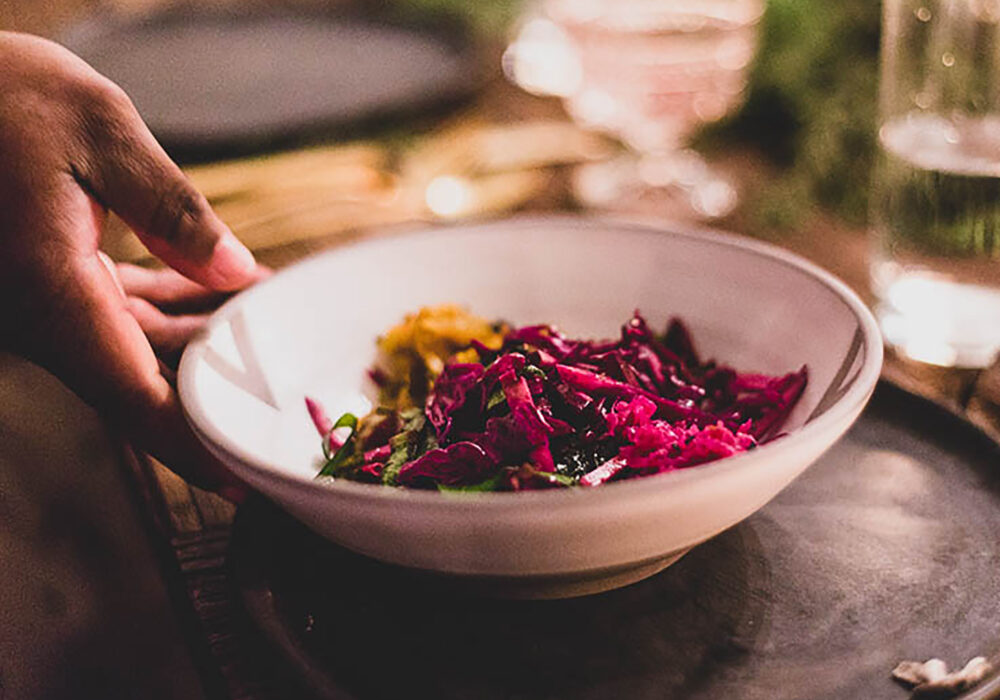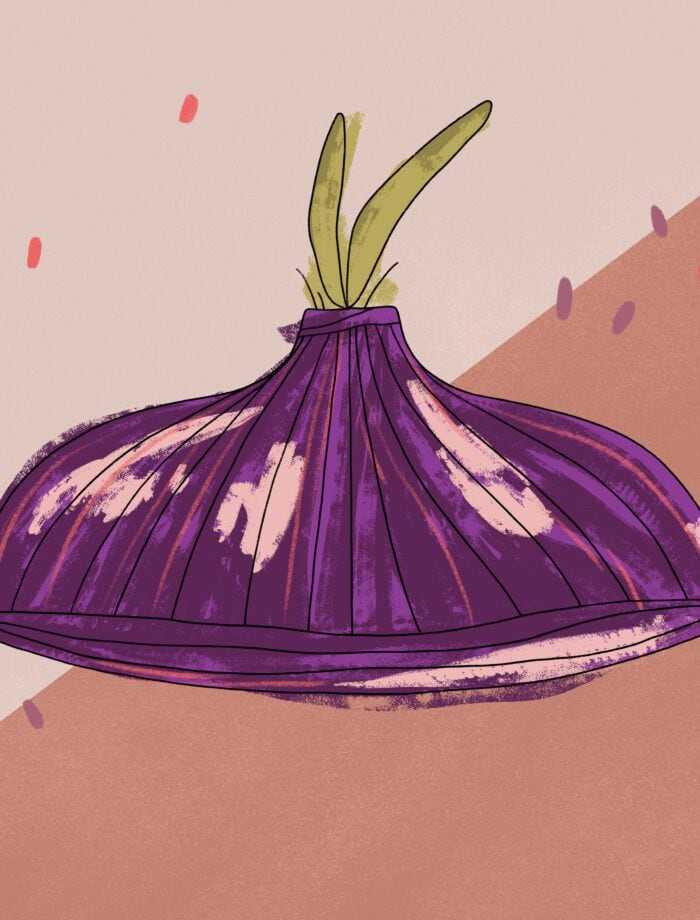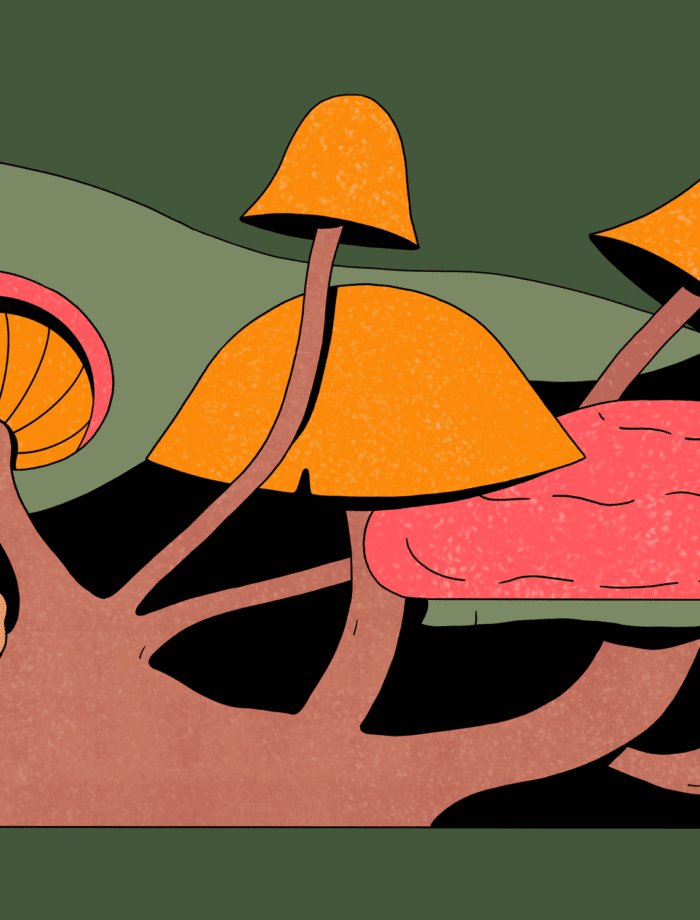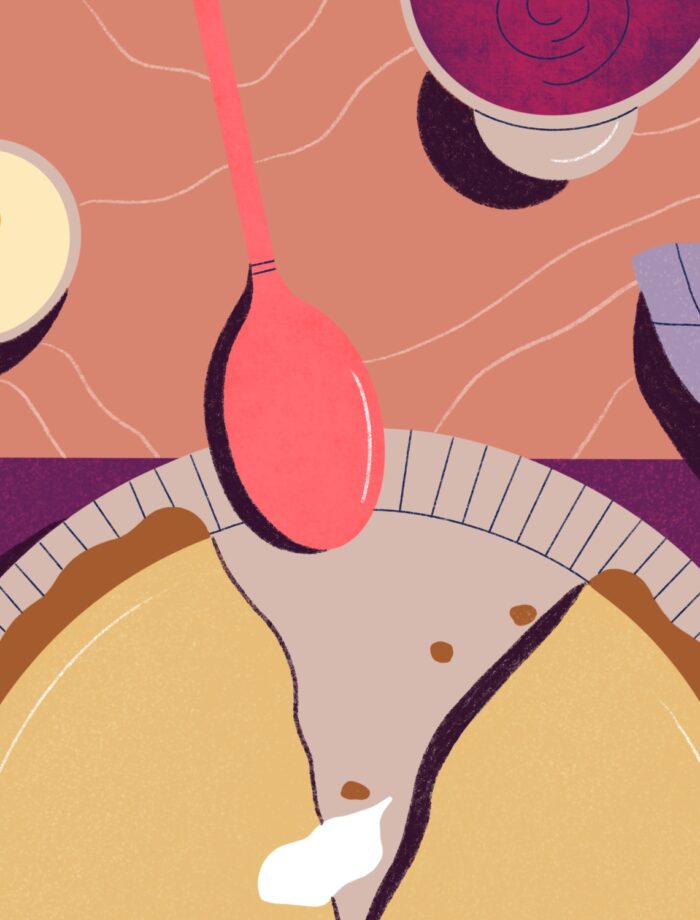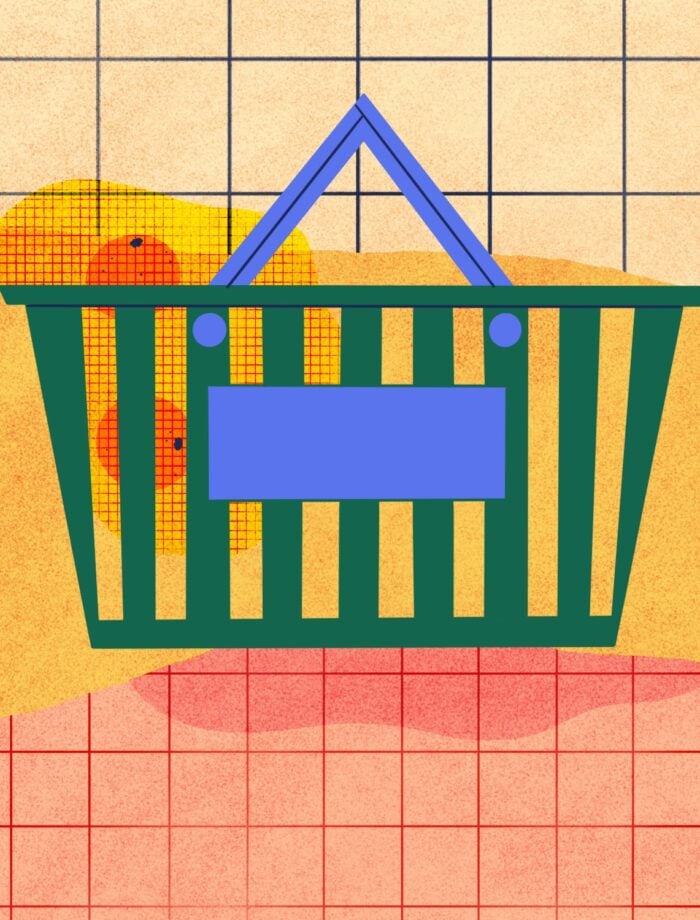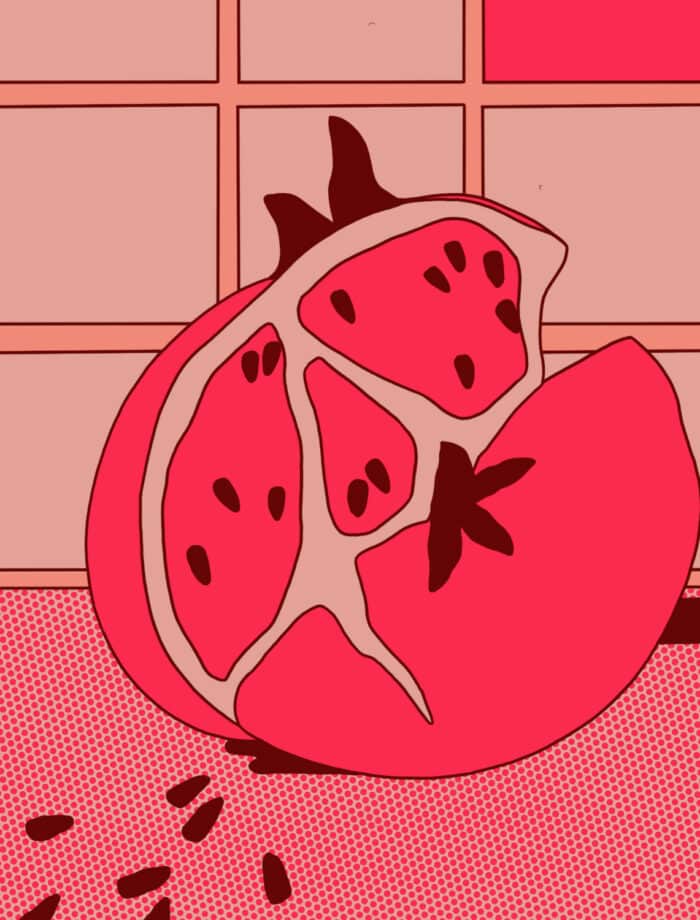This article was written by our awesome contributor Maia Welbel originally for MindBodyGreen. It’s a great look at the why of our work!
It’s easy to get overwhelmed by all the choices to make if you are working to minimize your environmental footprint: What types of cleaning products should I buy? What companies should I support?
Luckily, the most powerful choice we have is one we make three times a day: what we eat.
The problem: The way most people in America eat isn’t sustainable in any way, shape, or form.
Around 75 percent of agricultural land around the world is used for raising animals—that’s over 30 percent of the land surface of the planet. The average amount of water used per calorie of beef is 20 times greater than that of grains and starches. But growing all food, even plants, takes its toll on the environment, and we’re wasting massive amounts of it.
Forty percent of all food in America is wasted, making it the No. 1 thing found in landfills. All this food heaped into landfills is a huge contributor to climate change. Organic matter accounts for 16 percent of U.S. emissions of methane, a greenhouse gas 25 times more powerful in causing global warming than carbon dioxide.
And it’s not just discarded food clogging up landfills. Grocery items are egregiously over-packaged in this country, usually in plastic that’s meant to be used once and thrown away. In fact, 40 percent of global plastic production is single-use packaging! These materials linger in the environment for centuries, with millions of pounds flowing into the ocean every year. Bulk options and other sustainable alternatives are slowly becoming more available in mainstream grocery stores, but most shoppers are still filling their carts with almost as much packaging as food.
It’s easy to toss plastic wrap, wilted greens, or a mushy apple in the trash without considering the resources that were required to get them to you or what happens to them after they leave your home. A typical trip to the grocery store is so far removed from the land, water, and energy that created the products on the shelves, we are quick to forget the true cost of the items we buy.
The “one small thing” solution: Experiment with closed loop cooking.
Enough bad news! A simple mindset shift in the kitchen can help you stay aware of the environmental footprint of your food and make better choices. It all comes down to “closed loop cooking”—a phrase that I use to refer to the circular nature of sustainable cooking and eating. Closed-loop cooking means using the scraps from one project as the foundation for the next.
So, for example, you could use those mushy apples (cores and peels included!) to make your own apple cider vinegar. Just place four or five chopped apples in a large jar; fill with water, leaving about 2 inches of space at the top, stir in 1 tablespoon of sugar, and cover with a cloth and rubber band. Once a day for the next two weeks or so, you’ll remove the cloth and stir vigorously with a wooden spoon. Once signs of fermentation have stopped, strain out apple pieces and bottle your vinegar. For the next four to five days, you’ll want to open and close the bottle once to prevent excess fermentation.
You can mix your apple scrap vinegar with warm water for a morning digestion boost, add it to dressings and soups, and use it as a leavener in plant-based baked goods. When you make your own, not only are you giving a second life to produce that might otherwise get thrown away, but you’re also forgoing packaging from a store-bought product.
I’ve found that transitioning to a low-impact lifestyle can be daunting, but what we eat doesn’t have to be. By remembering to close the loop in your kitchen—be it by making your own ACV, cooking up vegetable broth using scraps, or finding creative ways to reuse old containers—you’ll exercise your power to make a difference as a home cook and eater every day.
Stay hungry.
